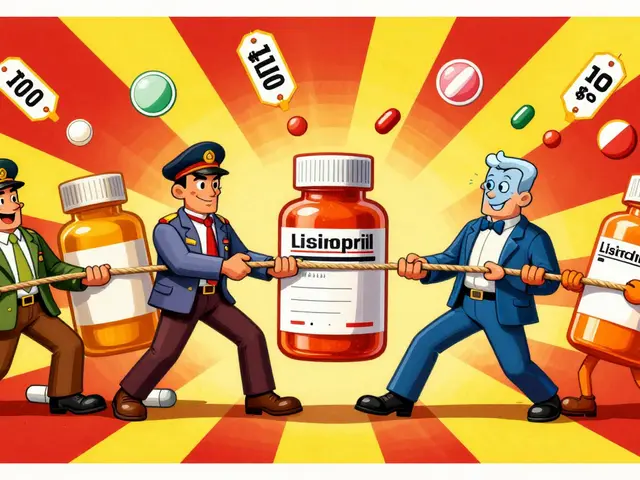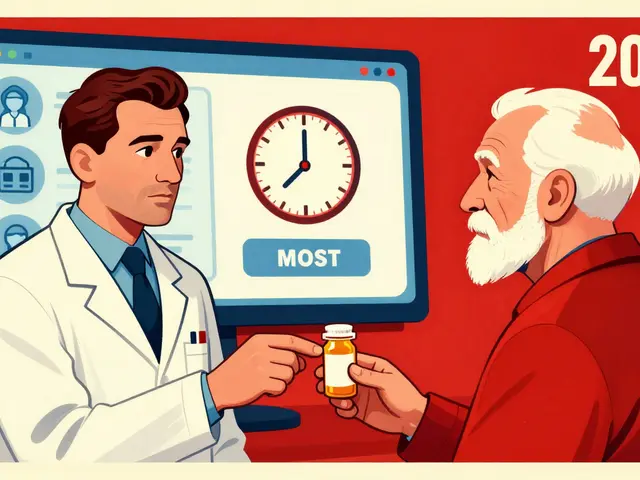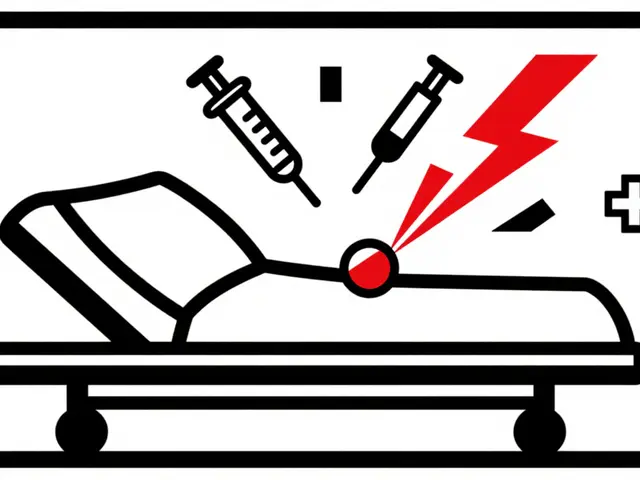Herpes Treatment: What Works Best for You?
If you’ve been hit with a cold sore or genital herpes flare, the first thing you want is relief that actually works. The good news is there are proven meds, simple home tricks, and lifestyle tweaks that can keep outbreaks short and less painful.
Prescription antivirals – the backbone of treatment
The doctors most often prescribe acyclovir, valacyclovir or famciclovir. These drugs stop the virus from multiplying, so you feel better faster and future flare‑ups become milder. Usually you take a pill for 5–10 days during an outbreak, or a low‑dose version every day if you have frequent recurrences. Side effects are rare – some people notice mild nausea or headache, but most get clear benefit.
Over‑the‑counter and natural helpers
While prescription pills do the heavy lifting, a few OTC options can ease symptoms. Creams with docosanol (like Abreva) work best if you start them at the first sign of a sore. Pain relievers such as ibuprofen or acetaminophen cut the throbbing, and a dab of lidocaine gel numbs the area for a few hours.
People also turn to natural remedies. Applying a cold compress reduces swelling, and a little tea tree oil (diluted with carrier oil) has mild antiviral properties. Lysine supplements are popular, though research is mixed – some users swear by them, others see no change.
What matters most is consistency. Keep the affected skin clean, avoid touching the sore, and wash your hands often. If you have genital herpes, use condoms during outbreaks to lower transmission risk.
If outbreaks become more than a couple of times a year, ask your doctor about daily suppressive therapy. It can cut flare‑ups by up to 80% and dramatically reduce the chance of passing the virus to a partner.
Remember, herpes is common – most adults will encounter it at some point. Knowing the right meds, quick home care steps, and when to get professional help puts you in control of your health.






